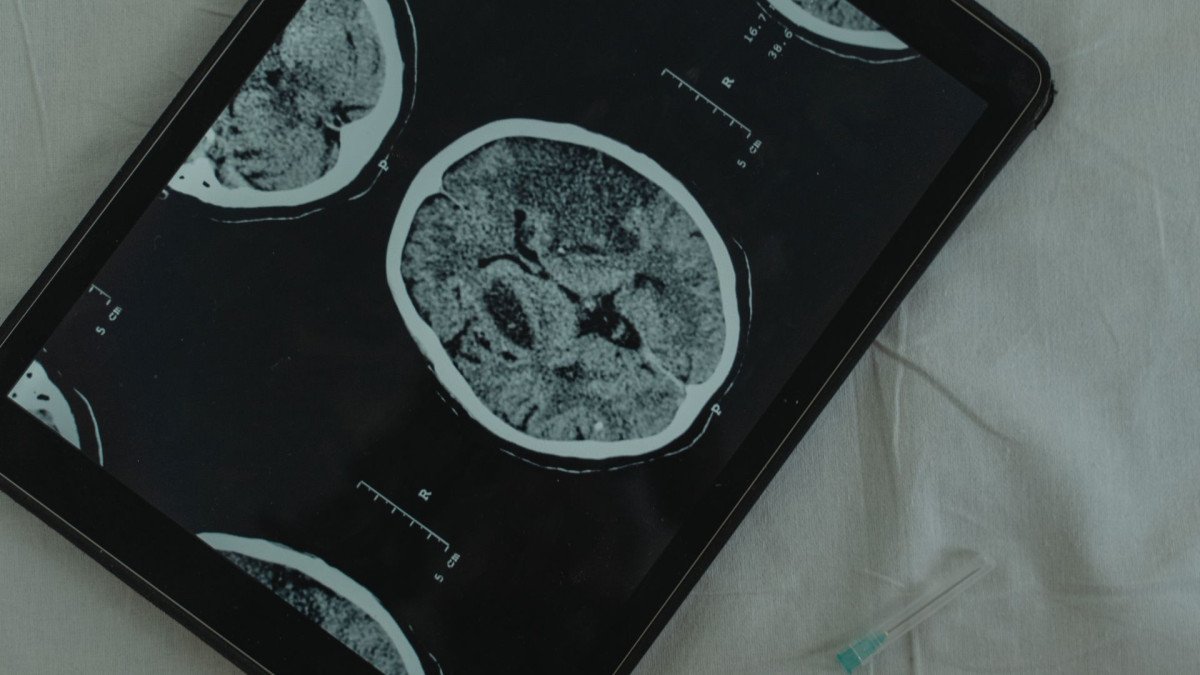
Much is said and written about anxiety and panic attacks. Mental health professionals usually maintain a certain agreement regarding the symptoms associated with this condition In truth, a panic attack is not an isolated, clearly definable clinical entity, but rather a critical episode that can happen to anyone and for different reasons. In general, they tend to occur in patients who suffer from what psychiatric knowledge includes within Anxiety Disorders.
We must keep in mind that when we talk about Disorder we are not referring to a structural pathology of a person, but to a state of the psyche that can last for a time. That is why we cannot say that the person is sick, but rather that his emotional state has lost stability.
What is a panic attack?
Now, how to recognize it? Well, we can see it from a fairly precise symptomatology. We usually find that a person, for a more or less prolonged time, feels nervous or worried, thus disturbing their way of life, their relationship with other people, sometimes also their love and work relationships, among others. In many cases, these high levels of anxiety lead to difficulties falling asleep or you may wake up in the middle of the night, causing physical and mental fatigue that usually accumulates over the days.
And within this situation it may happen that the person has a critical episode in which increased anxiety causes a panic attack (panic attack). This causes extremely intense suffering in the subject, characterized by the sudden appearance of physical symptoms such as increased palpitations, sweating on the forehead and hands, tremors in some parts of the body (generally in one of the extremities), sensations of vertigo, etc.
These physical symptoms, if they are intense, are experienced with extreme concern, which is why they are usually accompanied by the feeling of being at risk of imminent death, or with ideas of suffering from a serious illness, such as a tumor, sensations of suffocation, fear of “losing my mind” or going crazy. The degree of suffering that these episodes entail is usually very high, leading people to emergency situations, which is why it is not uncommon for the claim to be finalized in a medical ward.
Although these panic attacks may be motivated by a particular event, such as the presence of an imminent and real danger that surprises the subject in a certain situation (earthquake, vehicle accidents, scenes of violence, etc.), the truth is the thing is As a general rule, they arise without apparent motivation, which subjects the subject’s psyche to a high degree of vulnerability and uncertainty that redoubles subjective suffering

The question of the cause
We said above that the different actors that make up the scientific field usually agree on the symptoms that define anxiety disorders and panic attacks, but this is not the case when it comes to trying to answer what causes this problem, okay. say, about its etiology.
If we investigate the field a little, we will find neuroscientific readings that try to redirect this condition to the physiological and neuronal bases of the central nervous system They will focus on investigating the brain structures involved in emotions, cognition and memory, and will try to show how changes in certain neurotransmitters such as serotonin, dopamine and gamma-aminobutyric acid (GABA) have consequences on mood. of a person.
The readings will consequently result in, as neurotransmitters play a crucial role in mood and anxiety, imbalance in their levels can contribute to the appearance of anxiety symptoms and panic attacks. As a consequence, research will focus its efforts on the search for a drug that directly affects the neuronal or physiological connections of the organism, ignoring the influences of the context of the person who suffers from this disorder, or the psychological reasons that are at the origin.
On the other hand, there are readings with a cognitive behavioral basis that will consider this condition as the consequence of erroneous thoughts that the subject has, so clinical treatment will try to modify these thoughts so that the person feels differently. From these readings come phrases such as “you feel what you think, and if you change your thinking, and think positively, you will be able to feel better”, which tend to go viral on social networks An attempt is made to guide thinking to a more rational place, what is often called emotion management.
However, things are not usually that simple and the truth is that these tips are usually useful for an extremely low percentage of the population. In the case of professionals who work from these orientations, they will try to guide the patient to carry out learning so as not to be afraid of the initial feelings of anxiety, and they are usually accompanied by breathing and relaxation techniques. The central idea here is to try to expose the subject to anxiety-inducing stimuli in order to decondition the psyche to respond in that way.
As we see, these perspectives, summarized here very succinctly, focus fundamentally on trying to reduce symptoms, either through medication or through relaxation or intellectual operation. Although we do not detract from the value and importance of these perspectives, we will try to introduce other questions that will guide both the construction of theoretical hypotheses and a treatment plan
The panic attack, a crisis of multi-causal origin
In my experience with the treatment of severe anxiety disorders and panic attacks, I was able to confirm that the state of anxiety cannot be traced back to a particular event or experience that triggers it, except in very rare exceptions. On the contrary, what we find is a multiplicity of factors that act at the same time due to a sum of anxiety-producing processes that causes the psychic system to collapse. How can we understand this process?
From our perspective, we consider anxiety as the result of a process of anguish that the subject cannot express or process psychologically When the person finds themselves in situations of accumulated anxiety, it can happen that the psyche works like a pressure cooker, trying to contain the accumulated anguish, to the point where it can no longer be supported and the system collapses.
Then, the accumulated tension is discharged into the body, generating the typical symptoms that we mentioned at the beginning (tachycardia, sweating, tremors, etc.). It is for this reason that patients cannot trace their critical situation to anything specific, saying that the sensation arose suddenly, without anything significant triggering it. That is to say, there are few words to be able to verbalize this process that surprises the subject and subsumes him in perplexity.

Therefore, if our clinical hypothesis consists of considering the panic attack as the result of multiple anxiety processes that have not been well processed by the psyche, the therapeutic work will consist of reviewing fragment by fragment the different scenarios in which the subject has not been able to elaborate the anguish that these situations demanded. That is why it is an arduous task of identifying the different discomforts that the subject goes through
In this process, the person begins to address their discomforts and conflicts, sometimes related to some work, family, relationship, or love situations, or frustrations, unsatisfied desires, existential conflicts. In short, here, the possibilities are infinite because they always depend on the uniqueness of each person.
The path will be to enable the subject to carry out a process of psychic metabolization that allows the elaboration of psychic processes that remain unconscious, a long work in which the patient can identify his emotions, be aware of the situations that generate frustration, so that the the emotional apparatus little by little expands its conscious perception.
It is quite common for us to hear our patients indicate a longing to return to feeling the way they felt before critical episodes of distress. However, It is necessary to consider that once the system collapses, it cannot return to the original state, but rather a process of reconstruction must begin in the way in which the mental apparatus is organized We will have to rework our concerns, our desires, our desires, our ways of loving, the time we dedicate to our leisure, among others.
Conclusions
Maybe it is a good opportunity to think about yourself in all the dimensions in which the person moves. Ask ourselves what we want from our life, if we are leading the life we really want, ask ourselves about our relationship with work, with time, with our ways of loving. Perhaps the questions and not so much the answers are the best we can offer to those who come to us with the weight of the pain of their soul.








